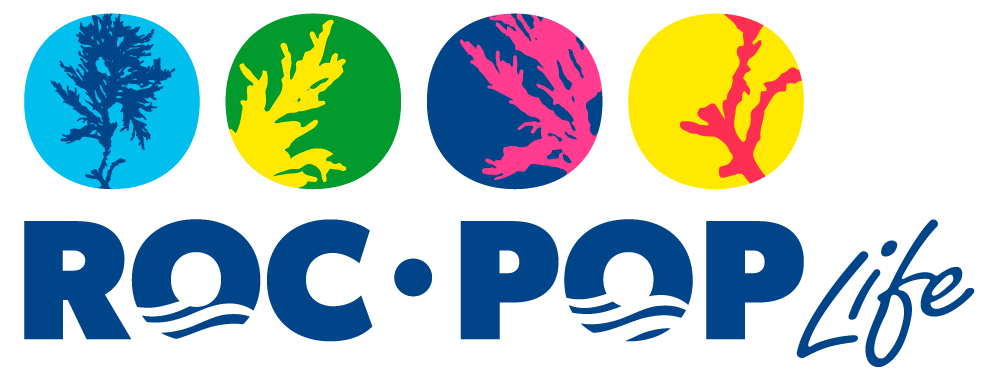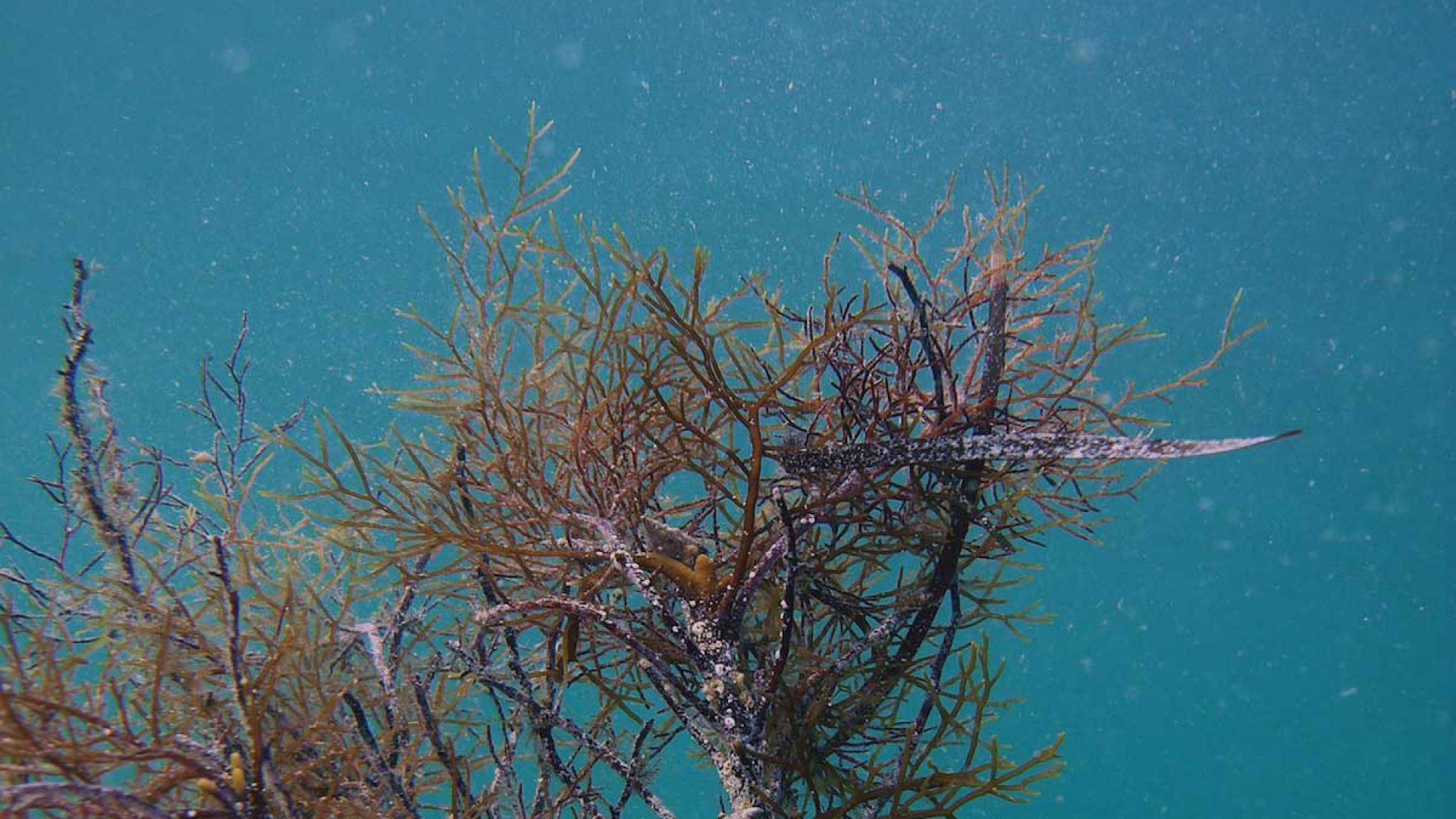Description
F1.1 Project start-up
The start-up activities create and assess the management tools for an adequate implementation. A kick-off meeting will be organised.
F1.2 Project Management
UNITS will be responsible for the project implementation for the whole action duration. Dr Falace participated in several phases of Marine Strategy Framework Directive and Water Framework Directive implementation, assisting the Italian Institute for Environmental Protection and Research (ISPRA) and by supporting the Italian Ministry of the Environment in the definition of the Monitoring Programs (Coralligenous Habitat/Rhodolith and maerl beds). She also supported the Ministry in the selection of Marine Natura2000 Sites in the Northern Adriatic. Dr. Falace is the Italian Member Committee of a COST Action (FA1406 PHYCOMORPH, 2015-2019), devoted to increase fundamental knowledge onmacroalgal growth, development and reproduction, and to improve sustainable seaweed aquaculture. She is highly skilled in macroalgal taxonomy, physiology and ecology, demonstrated by her publications and international relationships.
The organigram, regulated in the Partnership Agreements, will also include:
• The Project Coordination Committee (PCC), governing body of the project, composed of the beneficiaries responsible persons and the Coordinator, supported by the Project Manager. The PCC will meet every year (and every time is needed) in order to discuss the project state of the art, as well as to come to decisions and solutions, addressing the project development and implementation towards the best achievement of results, both in the scientific and administrative field;
• The Scientific Coordination Committee (SCC), advising body supporting the PCC on effectiveness and technical quality of the project and its products. It is supported by a group of scientific advisors, including the MEDPAN experts (see attached letter). Its decisions should be approved by the PCC. It is chaired by the Project Coordinator and includes all the actions leaders. In order to optimise the financial resources, its meetings will be preferably organised during the PCC meetings, but will occur whenever needed by the project implementation.
4 coordination meetings are foreseen, 1 per beneficiary’s location on average.
The project management will always take into consideration the EU and national normative of green procurement and accounting, and will – where possible – prefer a digital conservation of documents rather than the paper versions in respect of the spirit of the LIFE programme, as well as to ease the communication and documents sharing among partners. Hardware and toners for printing will be recycled where possible and particular attention will be paid in choosing refillable toners and recycled paper for communication and dissemination material. Also low environmental impact products will be preferred.
The action will last until the project end and then until the Final Report is provided to the Commission.
F1.3 After-LIFE Plan
Produced a separate chapter of the Final Report, the Coordinating Beneficiary will be responsible for the After-LIFE Plan.
It will:
• show the actions to be followed-up after the end of the project
• how these technical actions will be further developed
• how the site management in the areas considered by the project will be assured in the long term
• the dissemination strategies to be set out to continue spreading the project results among the broader public and stakeholders.
The After-LIFE will show the tasks division among the beneficiaries, the timing for the results uptake, the financial resources needed and the accessibility to these resources.
This action will be performed during the Final Report preparation.
Action details
Action:
F.1
Timing:
36 months
Status:
In progress

